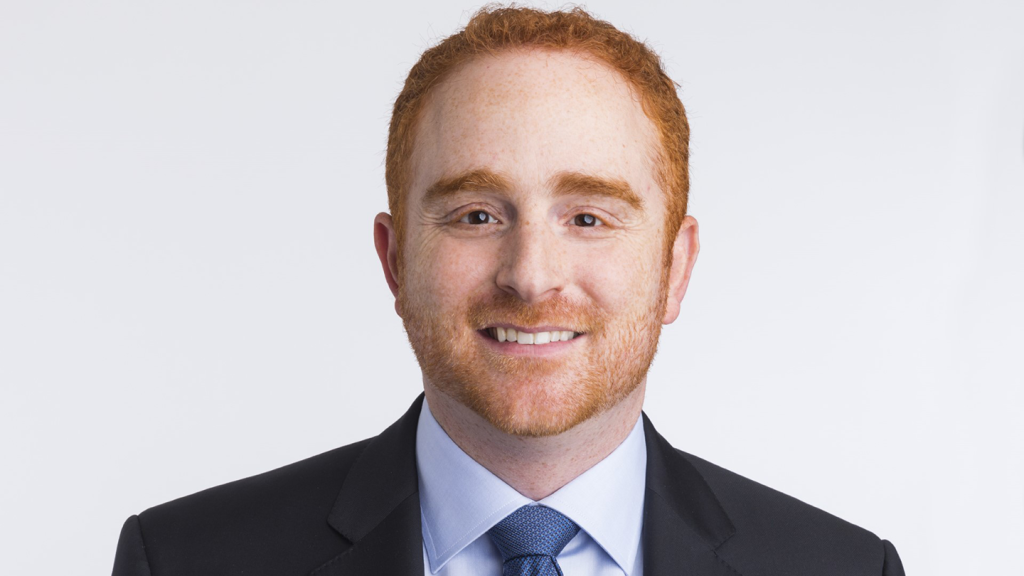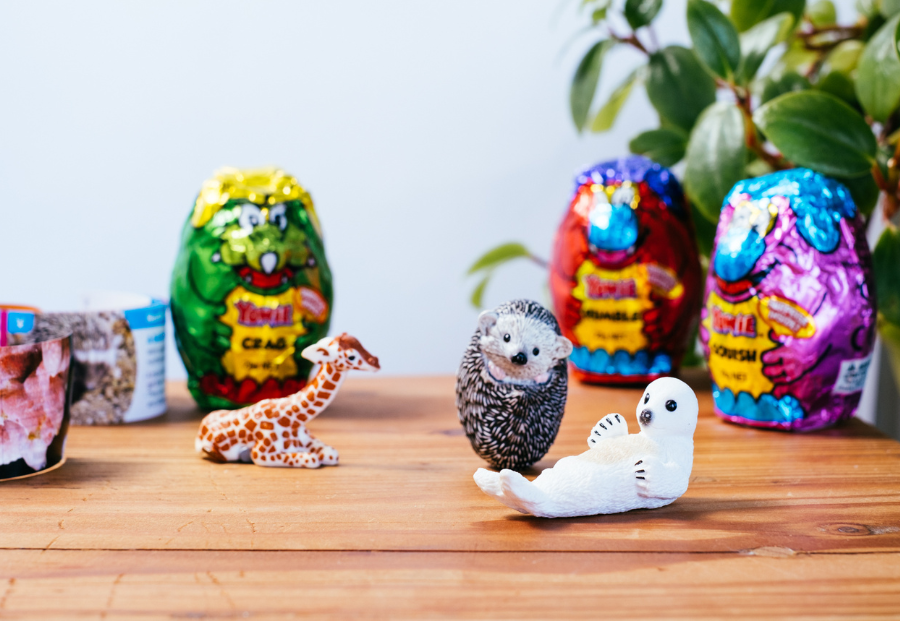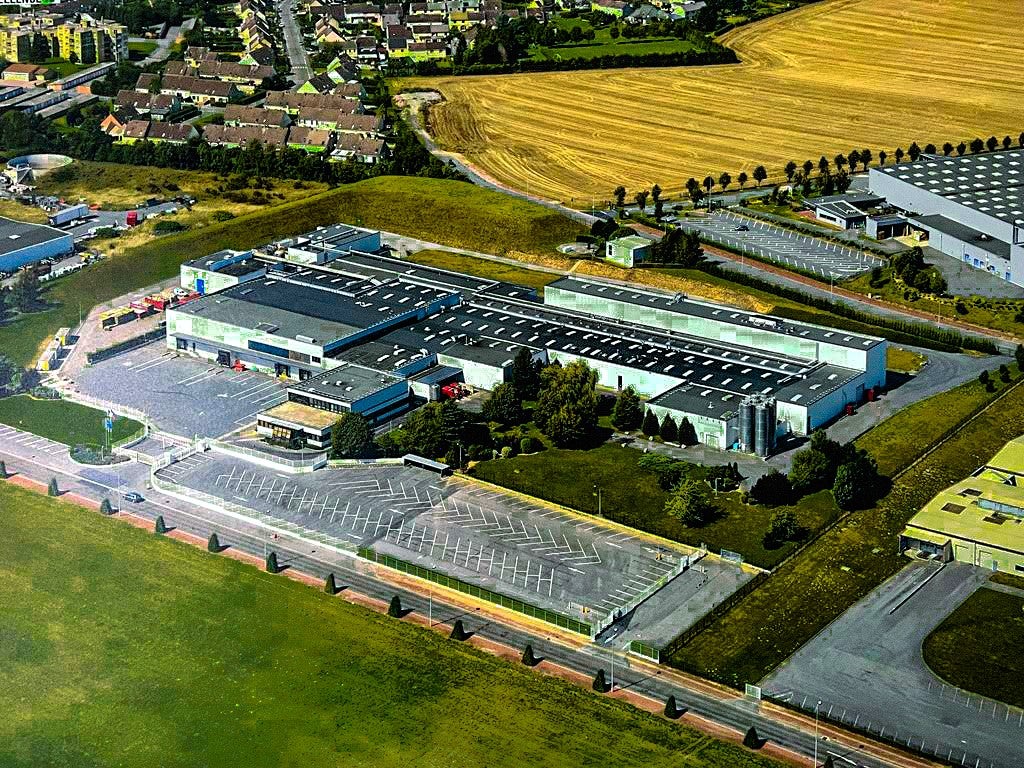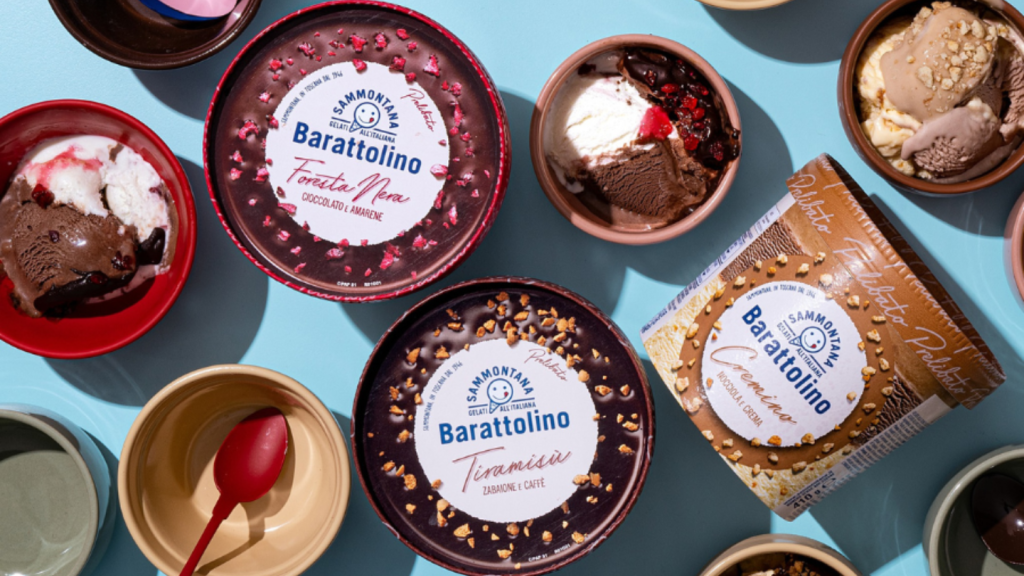Butterfly Equity has a “limitless” investment ceiling above the buy-out firm’s $100m minimum for the right opportunity in category leaders within food and beverages.
Set up in 2016 by co-CEOs Dustin Beck and Adam Waglay, the Beverly Hills-based investor struck a $500m-plus deal for Bolthouse Farms a couple of years after launching its first fund in 2017.
With more than $4bn in assets under management through blind-pool funds and co-investment, Butterfly is for the time being focused on North America, with a portfolio encompassing avocado cooking oil, dairy ingredients, fish farming, fruit juices and fresh veg, along with vitamins, minerals and supplements (VMS).
Beck discusses the investment strategy with Just Food after a difficult few years in the broader scheme of things characterised by Covid, supply-chain disruption and inflation, and more recently with the conflicts in Ukraine and Gaza.
Just Food: What is Butterfly Equity’s investment playbook?
Dustin Beck: Ideally, we love being the first institutional investor with a myriad of playbooks we install across the P&L to supercharge growth, whether that’s top-line growth or margin expansion, you name it.
We think the industry delivers an attractive risk-adjusted return for investors. It's a lot more stable, at least the categories we’re looking at.
We're focused on four main areas. One is upstream and processing. The other is multi-site or front-of-house. Everything from distribution, freight and logistics to cold chain storage, restaurants and hospitality.
Next is branded goods and the last is industry enablers – manufacturing, ingredients businesses, food safety and sanitation, and food software.
Just Food: What individual category areas is Butterfly focused on?
Beck: It’s quite broad-based within those four verticals: Ag inputs and food technology, protein is a big one that can manifest in a lot of different ways. Branded goods is really focused on some of the mega-themes around snacking, condiments and spices, then VMS, frozen, refrigerated, beverages and pet food.
Broader themes are nutrition, protein consumption, labour cost and food-waste efficiencies. Then there's a big theme, the secular trend of food-away-from home, whether that's delivery in, you name it, and then convenience and ethnic flavours.
Just Food: Do protein alternatives like meat-free fit your strategy?
Beck: Fish consumption is still growing but it’s a more expensive alternative, generally speaking, which is a bit tricky in an environment like this.
In terms of the meat-alternative sector, it tends to be a bit too early stage for us. We're bullish long term but we don’t know if that means years or decades.
We are more bullish on these second- and third-generation iterations like mycelium. We're trying to make a play in the mushroom space as you think about health and nutrition. It is still a bit manual right now, although people are trying to bring some automation to it, so mycelium-based alt-proteins aren’t really there just yet.
I think nutritionally, there’s a huge case to be said when you talk about climate and production and all that, but unfortunately, the products are just not replicable yet and people care about taste and texture, and that’s a big one.
There is a lot of capital going that way, maybe not as much as there had been over the past couple of years when capital was a bit easier to get. I think some of the funding is drying up, but there's a lot of dry powder.
Just Food: What is Butterfly’s typical investment size?
Beck: Equity checks in the 100-plus million-dollar range at the bottom end of it and then on the bigger side we can go up, for the right opportunity, limitlessly.
We have a lot of LPs that love the idea of co-investing. It’s been a great vehicle for us to meet new investors rather than having to come into a blind-pool fund where they may not know us as well.
We have a couple of assets in Mexico and we've looked at Canada quite a bit. Eventually we will be global, but for now our footprint is very focused on the North American market, although we do have investors all over the globe.
We spent time in the UK, we’ve looked at some assets all over Europe and a few in Asia but the bar is a bit higher. We’d need a local presence on the Butterfly side, not that we’re worried about investing in that, but it really does take the right deal to go and plant a flag outside of North America.
Just Food: Given the $100m investment minimum, are start-ups within your remit?
Beck: We spend a bit of time on the earlier-stage businesses because every business starts as an early-stage business at some point and because we're so focused on proprietary deals and connections with founders and management teams, we have to go and start those relationships very early.
Orgain, for example. We met the founder in 2015 and didn’t get a deal done until 2019. We do spend a lot of time still on these early-stage companies even if they're too premature to get an investment from Butterfly.
Just Food: Do you have a target investment window?
Beck: I’d say five to seven years is the average hold. I do think with the operational hat on, it’s hard to just turn these companies on a dime. We also have to do it the right way and build consensus and we never want to jam initiatives into the companies without their buy-in.
That takes time and you need to do it the right way or you’ll burn your reputation. Private equity has had a bit of a negative reputation for being incorporators over the past couple of decades and we've taken a different approach to that.
It’s more fun investing with a longer-term horizon because you can justify investments in creating neat companies built for the future as opposed to maybe expanding margin artificially or driving a company's revenue a bit too hard that it might come back and bite you.
Just Food: What are Butterfly’s pre-investment considerations?
Beck: The P&L varies by vertical but I'd say the consistent theme across everything would be leaders in their categories. It needs to be a number one or two player in the space, with tailwinds behind it.
Something that has pricing power, especially in an environment like this. A company or a product that people are willing to pay a premium for is very important. If you don't have pricing power, you're going to be in a world of hurt.
Exit optionality is also very important. When you’re buying these multi-billion-dollar companies, you tend to have one exit path, which is an IPO, and in a market like we're in today, you might have to hold on to an asset longer than you want.
I think in the mid-market, you have a lot of optionality there in terms of you can sell to a financial player, you can sell to a strategic or you can take it public if the markets are participatory.
And then a strong management team. As much as we want to be helpful with our portfolio companies, we can't do everything.
A very disciplined approach to leverage and structure. We won’t come in and over-lever a business, in fact, at entry, we tend to be around the sub-three times on average at acquisition. We rely on our operational team to generate returns, not leveraging financial engineering.
That doesn’t mean we won’t recapitalise the business and do a dividend recap once we prove out a thesis, but we tend to be quite conservative on entry.
We want these businesses to have high free cash flow generation. So they tend to be capital-light or asset-light business models where EBITDA has a very high percent conversion to free cash flow.
And managing concentration. We don’t want too much concentration with a specific retailer or a specific consumer, for instance. Then on the flip side, supply-chain risk as you don’t want to have all your eggs in one basket in terms of the concentration of your supply being able to get knocked off the rails.
Just Food: Will Butterfly take a balanced view this year between buying and selling assets?
Beck: I think it’s very hard to call balls and strikes on when the economy is going to be good versus bad.
On exits, we have some companies that are performing really well. I wouldn’t be surprised if we have another one or two exits this year. A lot of those have at least been proactive calls to us on specific assets that motivate us to go and run a sell-side process – we’re in the middle of one of those right now.
For high-quality assets, there’s still a lot of capital on the sidelines that is willing to pay up for the right business.
On the buy side, you have a lot of founders who have had all their wealth concentrated into perhaps a company they founded or whatever it might be who do want to take some risk off the table and partner with someone like a Butterfly.
Just Food: Will the valuation mismatch between buyer and seller iron itself out this year?
Beck: I sure hope so. I don’t think if you zoom out and look at the food industry as a whole that there’s been as much high highs and low lows. It's been a more stable and resilient category. As a sector as a whole, you had a whole lot more stability across the transaction multiples than you did in tech, healthcare or energy or some other sectors.
When you talk about mature businesses, we really look on how they performed during the last cycle, which is pretty critical, and keeps us away from some of these super growthy deals that just aren't the bread and butter when we're talking about mid-market mature bio.
Just Food: Any particular food categories that might be in vogue this year?
Beck: Nutrition is a big one. [Since Covid], people really do understand that you are what you eat and people are prioritising that. That to us feels like a long-term secular trend, as opposed to a fad.
If there was one mega-trend it is probably nutrition and better-for-you. But we've seen over the past couple of years some of these snacking, junk-food companies have done tremendously well.
Just Food: How does ESG/sustainability fit into Buuterfly’s investment strategy?
Beck: We prioritise sustainable investing and look for controlled investments in the better-for-you and better-for-the-planet categories. Our portfolio is a collection of companies that keep sustainability measures at the forefront, such as prioritising ethical sourcing, fair labour, and employees' health and safety.
Just Food: How does Butterfly conduct due diligence in that area?
Beck: We prioritise a rigorous due-diligence process to ensure that our investments are not only going to offer strong returns for our investors but concurrently check all of the impact and sustainability boxes. Our focus on the food sector makes it easy to quickly identify potential greenwashing and to discern companies that are saying the right thing but doing the opposite.
















